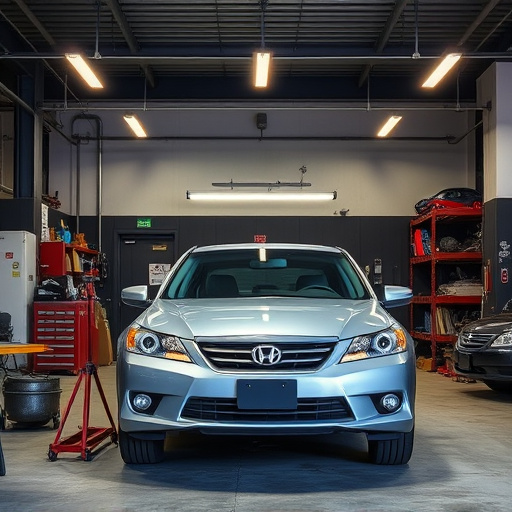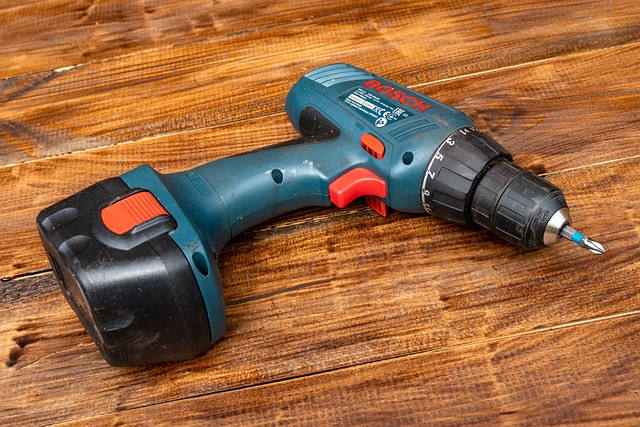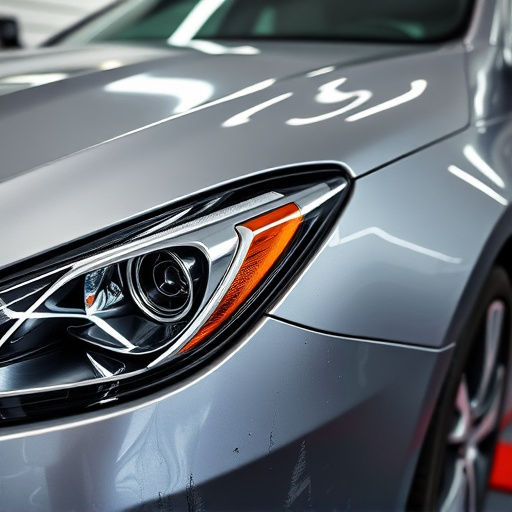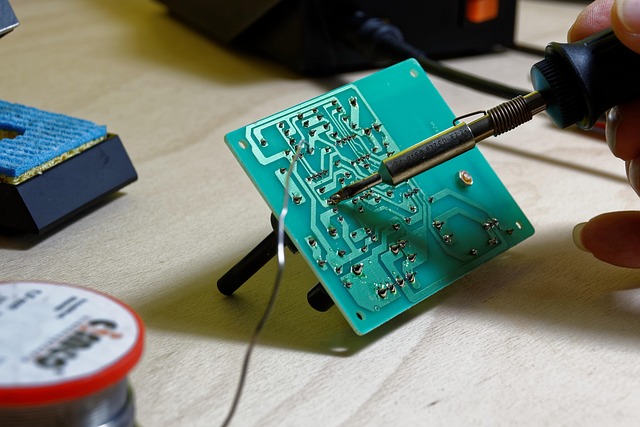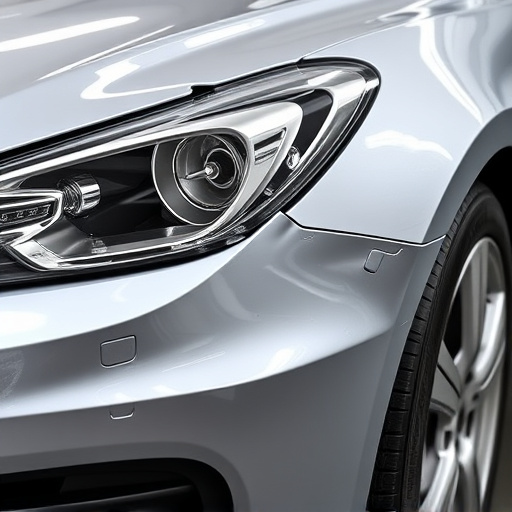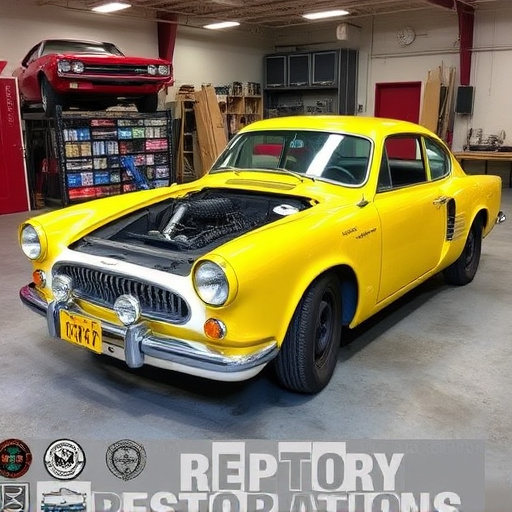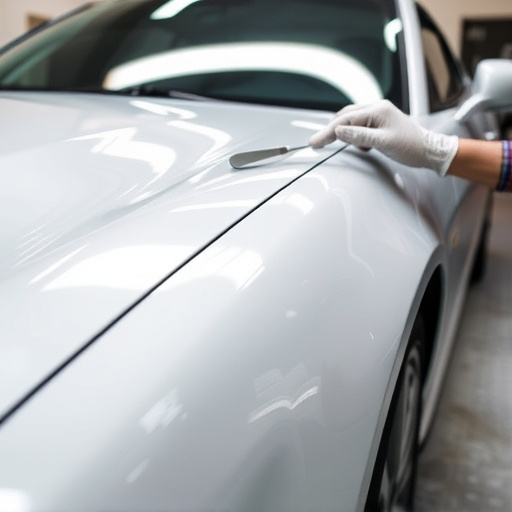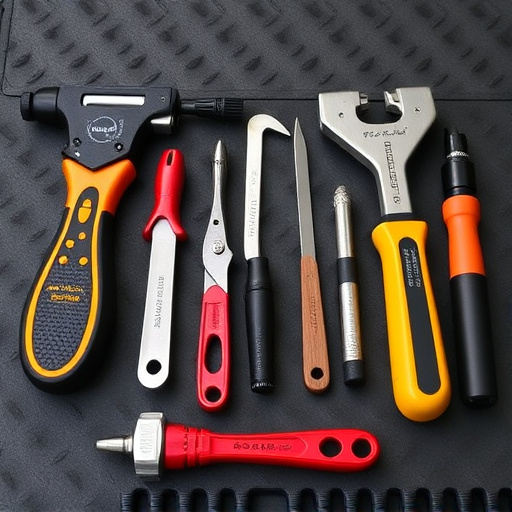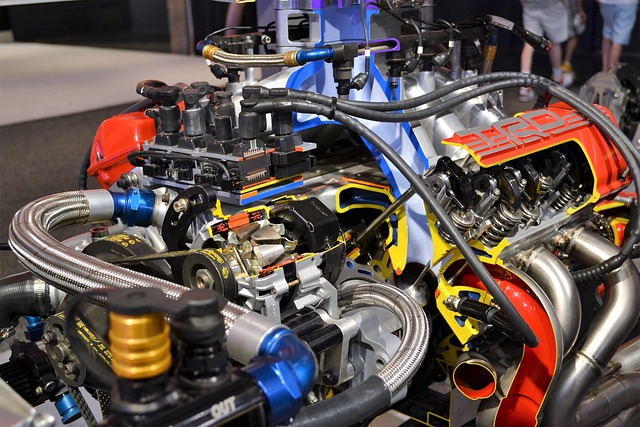Improperly fitted auto body shop parts pose significant risks, compromising vehicle safety and structural integrity. Misalignment leads to handling issues, visible defects, and potential VIN alteration. Precise fitting is vital for both safety and aesthetics in auto body work, preventing costly repairs due to subpar labor or low-quality parts. Using such parts can result in customer dissatisfaction, negative online reviews, and damage to the shop's reputation in today's digital era.
When an auto body shop uses parts that don’t fit properly, it can have severe consequences. This article explores the multifaceted impacts of such subpar workmanship, from heightened safety hazards and vehicle performance issues to customer dissatisfaction and potential reputational damage. Understanding these risks is crucial for both consumers and businesses alike, emphasizing the importance of using authentic, high-quality auto body shop parts for precise repairs.
- Potential Safety Hazards and Risks
- Impact on Vehicle Performance
- Customer Dissatisfaction and Reputational Damage
Potential Safety Hazards and Risks
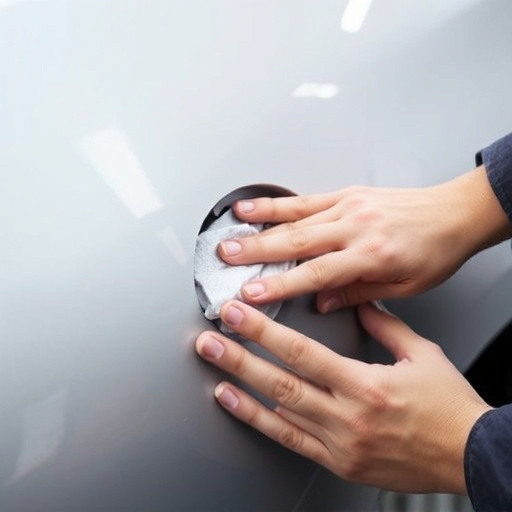
Improperly fitted auto body shop parts can pose significant safety hazards and risks on the road. When a vehicle’s body panels, frames, or components are not aligned correctly after repairs, it compromises the structural integrity of the car. This can lead to weak spots in the chassis, affecting the overall stability and control of the vehicle. For instance, misaligned panels might cause uneven weight distribution, impacting handling and potentially leading to accidents.
In the case of complex repairs like dent removal or mercedes benz collision repair, ensuring precise fitting is crucial. Car paint repair, a critical aspect of auto body work, requires meticulous attention to detail to match the original finish perfectly. Inadequate alignment can result in visible gaps, misaligned edges, or inconsistent paint jobs, not only affecting the aesthetics but also potentially drawing unwanted attention from law enforcement due to altered vehicle identification numbers (VIN).
Impact on Vehicle Performance
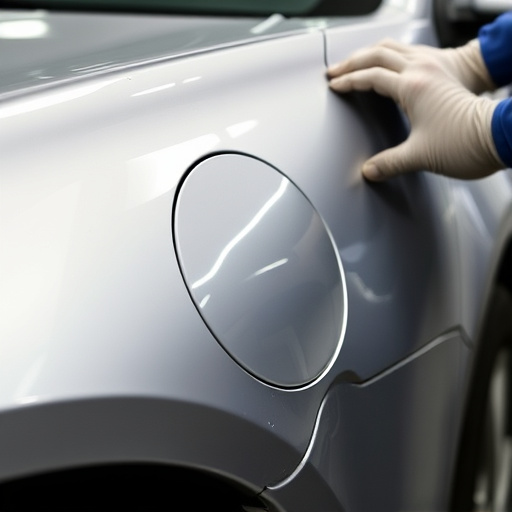
When auto body shop parts don’t fit properly, it can significantly impact a vehicle’s performance and overall functionality. Misaligned or poorly fitted components can lead to decreased fuel efficiency due to drag and resistance, affecting both acceleration and top speed. Moreover, improper installations may cause handling issues, such as uneven tire wear, steering problems, or reduced stability during driving. These issues not only compromise the safety of the vehicle but also increase the risk of accidents.
Over time, subpar auto body shop parts can lead to more serious mechanical problems. A dent removed improperly might leave residual damage that affects the structural integrity of the car. Similarly, haphazard painting jobs could result in uneven coatings, exposing metal to corrosion and reducing the lifespan of both the repair and the vehicle itself. Relying on unskilled labor or low-quality parts can thus create a cascade of issues, necessitating more extensive—and expensive—repairs down the line, including those provided by professional auto repair services and car paint services.
Customer Dissatisfaction and Reputational Damage
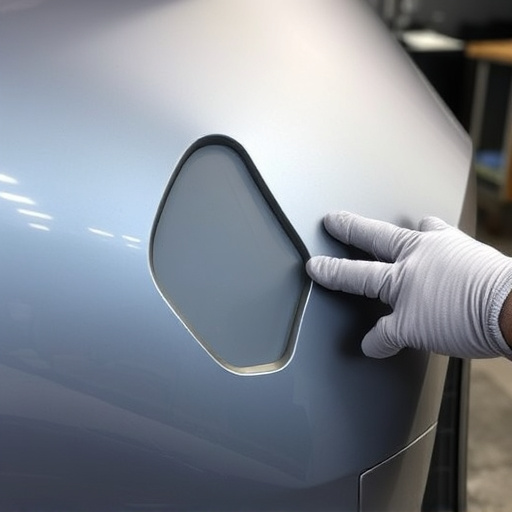
When auto body shop parts don’t fit properly, it leads to significant customer dissatisfaction and potential reputational damage for the business. Customers expect high-quality workmanship and accurate installations, especially when paying for vehicle repair or automotive body work. If the parts aren’t a perfect match, it reflects poorly on the shop’s professionalism and attention to detail. This can lead to negative reviews, lost trust, and a decline in repeat business.
Reputational damage can spread like wildfire in today’s digital age, with unhappy customers sharing their experiences online. Misaligned or improperly fitted parts might go unnoticed at first, but they can cause long-term issues, leading car owners to question the quality of other services provided by the auto body shop. This is especially true for specialized repairs, where even a small misstep can have major implications. Thus, ensuring the fitness and accuracy of all parts used in vehicle repair services is paramount for maintaining customer satisfaction and preserving a positive image.
When an auto body shop uses parts that don’t fit properly, it can lead to serious safety hazards, vehicle performance issues, and customer dissatisfaction. Such subpar work not only compromises the structural integrity of a vehicle but also reflects poorly on the shop’s reputation. To avoid these pitfalls, auto body shops must prioritize quality control, employ skilled technicians, and utilize compatible, high-quality parts to ensure customer satisfaction and maintain their positive standing in the industry.
